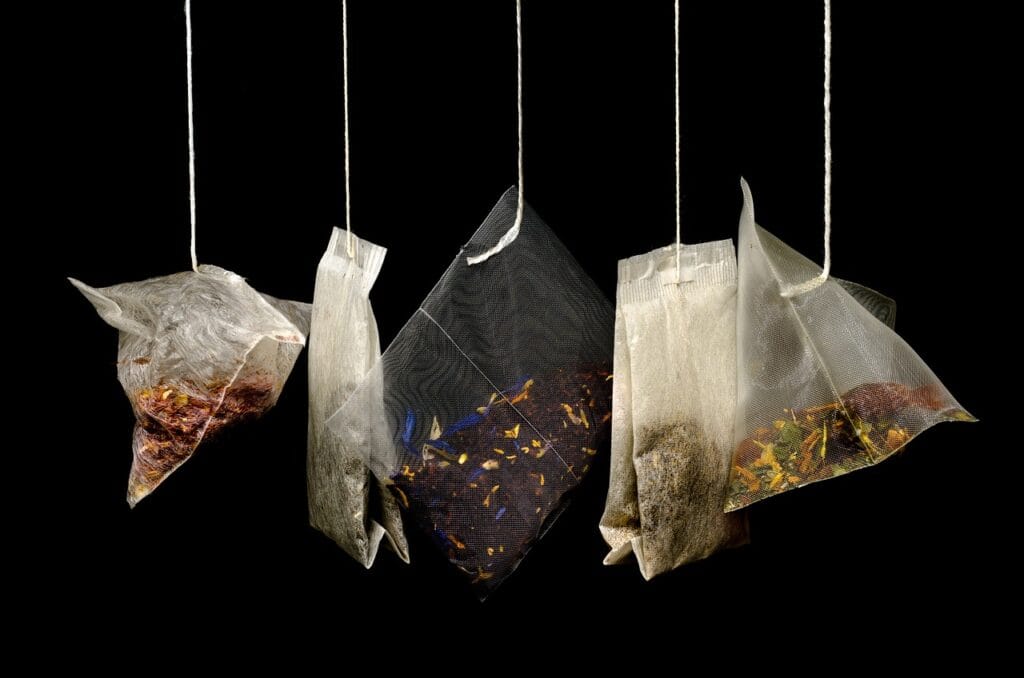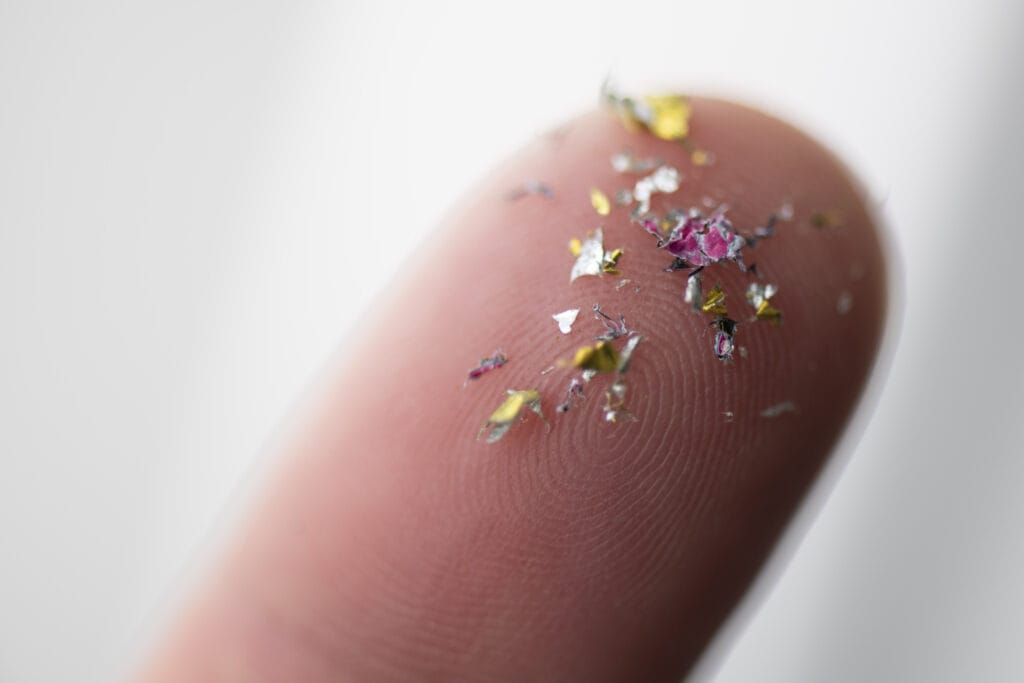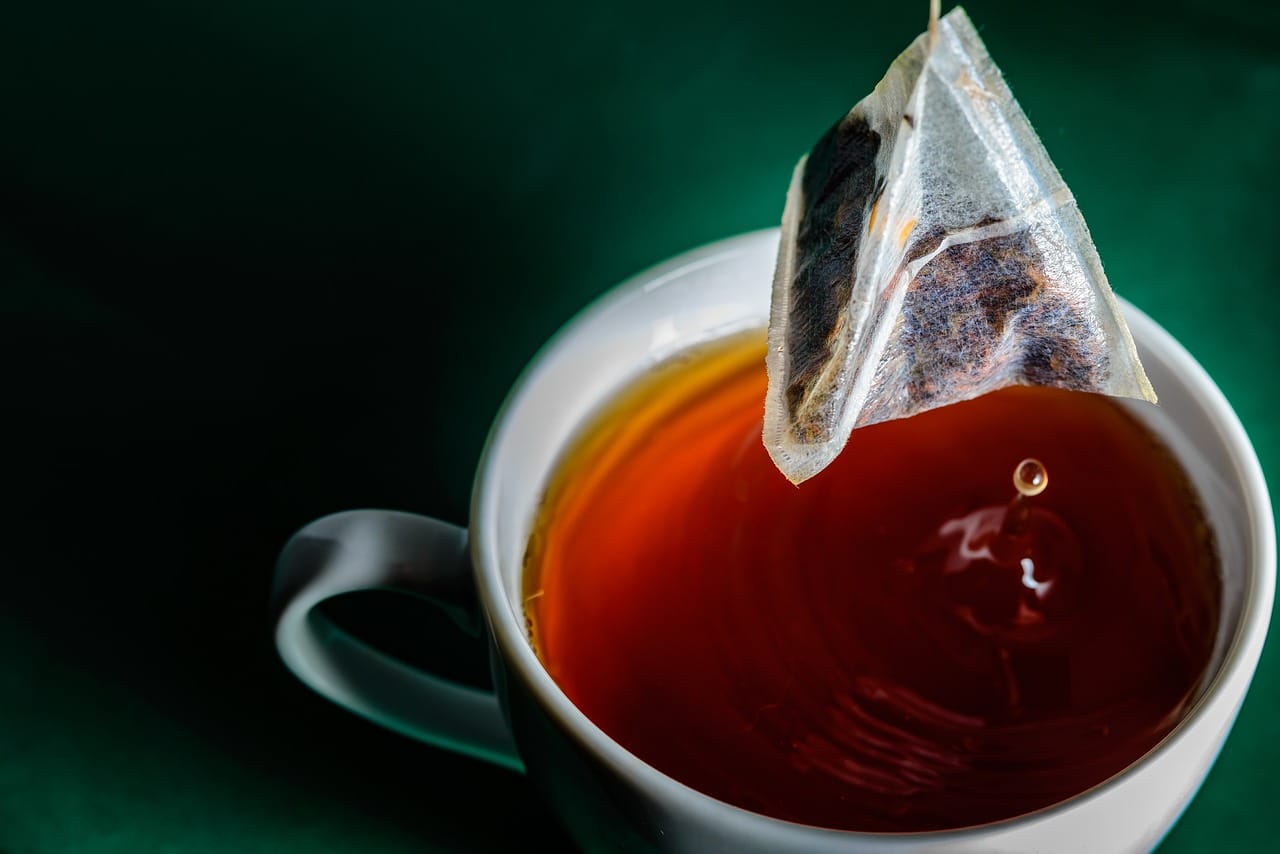News has spread across the Internet that drinking tea brewed using pyramid-shaped plastic bags can cause cancer and other health problems. We decided to check whether there are grounds for such fears.
In May and June 2024, many media outlets reported on the dangers of tea in pyramids (“Evening Moscow", Lenta.ru, "Russian newspaper", "Constantinople"), informational And entertaining portals. Most publications contain the opinions of doctors who advise, if possible, to avoid drinks brewed using such tea bags - supposedly their constant use can lead to kidney, liver and blood diseases, as well as the development of cancer and autoimmune diseases. Users of social networks share similar fears (“VKontakte", X, Facebook*, Telegram) And blogging platforms.
All the concerns expressed in articles about the dangers of tea in pyramids are related to the material from which these pyramids are made, that is, plastic. There is an opinion that when brewed, such bags emit microplastic (tiny particles ranging in size from 100 nm to 5 mm) and nanoplastics (particles smaller than 100 nm), which then enter the human body along with the drink.
Tea manufacturers usually do not indicate on packaging or official websites the exact composition of the material from which tea bags are made. However, in 2013, scientists from the University of Cork (Ireland) studied biodegradability and, as a result, the environmental impact of bags from eight popular brands. Almost all materials used in production contained plastic to one degree or another (except for those made entirely of cellulose, but the pyramids are clearly not one of them). The difference between classic tea bags and pyramids is noticeable to the naked eye: while the former even tactilely resemble paper, the latter are closer to synthetic fabric.

In 2019, a group of scientists from Canada's McGill University expressed The suggestion is that tea bags containing plastic may be particularly dangerous due to the fact that they are typically brewed in water temperatures above +90°C, while plastics approved for use in food packaging are rated at no more than +40°C and can break down when exposed to temperature. To test their hypothesis, the researchers conducted an experiment: they took four tea bags of different brands, brewed them with water heated to +95 °C, and then studied the resulting drink. It turned out that up to 16 micrograms of microplastic remained in the cups. In 2021, scientists from the Moscow State University of Food Production (MSUPP) conducted a similar study with classic tea bags and pyramids - it turned out that when brewing the latter, micro- and nanoplastics actually release into the drink. Unlike the study by Canadian scientists, the exact weight of plastic particles is not indicated in this work, but the data obtained is sufficient to conclude that not only the contents of the bags, but also their particles get into the drink.
By data According to the World Wildlife Fund** for 2019, a person consumes about 5 grams of microplastics every week (that is, hundreds of thousands of times more than in one cup of tea bags, according to Canadian scientists), which is equivalent to about 250 grams annually. Tea bags are far from the only potential source microplastics in the human diet. Particles can get into food and drinks from water bottles, fast food boxes, and even take-out paper coffee cups (which In fact not quite paper). Micro- and nanoplastics surround people everywhere - they are in drinking water and even in the air, from which it enters the human body through the skin and respiratory system. Due to pollution of the World Ocean, such particles are also found in seafood.
Microplastics are not at all good for health, but the harm that they can potentially cause if systematically ingested in the long term is also not completely clear to scientists. Scientists from the British Anglia Ruskin University published in 2021 review research on this topic and came to the conclusion that microplastics can provoke the body’s immune and stress response, as well as negatively affect human reproductive function. At the same time, experts noted that there is no definitive evidence of such consequences yet, and the conclusions were made based on studies on laboratory animals and cell cultures. A year later, WHO too studied The academic work available at that time did not find convincing evidence that microplastics could lead to any health problems. WHO experts note: this is not about the fact that microplastics are safe, but there is simply not enough data yet to draw definite conclusions about the degree and nature of its impact. Therefore, in order to avoid possible risks, it is really not worth exposing your body to such particles again.

Research into the health effects of microplastics is challenging. Unlike laboratory animals, feeding humans plastic as part of an experiment is at the very least unethical, making it practically impossible to carry out. However, every person is exposed to microplastics to one degree or another, so it is difficult to isolate the health consequences associated with them. Conducting such studies is also complicated by the fact that in plastic are used thousands of different chemicals. Some of them are toxic, some are not, so it is likely that the potential harm from a particular type of microplastic may vary depending on its composition. In the same way, it is difficult to talk about plastic in tea pyramids in general: the material may differ from one manufacturer to another, as well as the potential harm from drinking tea with micro- or nanoparticles from such bags.
Thus, there is currently not enough convincing evidence that systematic consumption of microplastics in food or drinks can cause cancer or any other health problems. The claim that tea bags containing plastic can cause cancer appears to be an exaggeration, since the volume of particles that can get into the drink is extremely small compared to what a person regularly receives from other sources. However, reducing risks is not a bad idea, because research is still ongoing, and scientists have not come to clear conclusions about the potential health risks associated with microplastics.
*Russian authorities think the company Meta Platforms Inc., which owns the social network Facebook, is an extremist organization; its activities in Russia are prohibited.
**Russian authorities think The World Wildlife Fund is an undesirable organization; its activities in Russia are prohibited.
Cover photo: pixabay.com
Read on the topic:
- Reuters. A plateful of plastic. Visualizing the amount of microplastic we eat
- National Geographic. Microplastics are in our bodies. How much do they harm us?
- Is it true that drinking yesterday's tea is dangerous to your health?
- Is it true that boiling water “kills” the beneficial properties of tea?
If you find a spelling or grammatical error, please let us know by highlighting the error text and clicking Ctrl+Enter.






